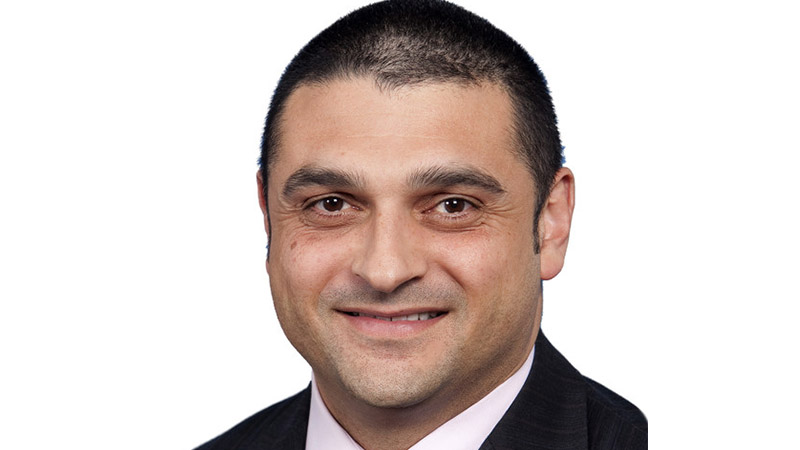New ATO investment strategy guidelines can benefit trustees amid uncertainty
The ATO’s new investment strategy guidelines have caused the need for increased compliance, but SMSFs can use this to take advantage of renewed opportunities to reshape investment strategies amid ongoing uncertainty, says a technical expert.
Last year, the ATO released its guidance for trustees around the formation of an investment strategy for SMSFs, confirming that specifying asset ranges of zero to 100 per cent within the investment strategy document is “not a valid strategy”.
SuperConcepts executive manager of SMSF technical support Nicholas Ali said one of the main themes in the guidelines highlighted that relying on a table of broad investment ranges in the fund’s investment strategy to simply satisfy compliance requirements will no longer cut it, but this could present an opportunity for a readjustment in strategy.
“While there is nothing in the legislation preventing a fund borrowing to invest largely in one asset class, the trustees must be able to provide the rationale for the decision, considering the sole purpose of superannuation being to provide retirement benefits to the members,” Mr Ali said in a blog.
“One could argue the ATO’s musings seem almost like a premonition, given the economic uncertainty caused by the ever-present pandemic. However, maybe the ATO’s guidance is as much optimism for the future as it is cautionary tale.
“Now I don’t profess to be an investment expert, but stock markets, at least, and some elements of the property market, seem to be proving reasonably buoyant.
“So maybe some thoughtful planning is worthwhile now. It may well be the investments are fit for purpose, which is likely to be the case for many, if not most, SMSFs.”
But Mr Ali said that for funds with older members or those approaching retirement, diversification is a way to preserve capital.
“Drawing down income streams from cash holdings and not having to liquidate distressed assets, giving them time to recover, is a logical course of action,” he said.
“For those funds that have younger members, such economic turmoil can actually be an opportunity.”
With a diversified mix of asset classes and enough cash holdings to take advantage of the market downturn to purchase undervalued investments, Mr Ali said this would allow a sufficient time horizon to build healthy superannuation balances.
“That old chestnut, ‘It’s time in the market, not timing the market’, rings true all the time,” he said.
“A lack of diversification, on the other hand, with funds largely invested in property via an LRBA, could lead to rent not being received due to the economic impact of the shutdown.
“Members potentially no longer have a job, which impacts on their ability to make contributions to the fund and have cash to pay back the loan.
“The fund itself may have asked for a deferral of loan repayments, which still need to be repaid. These issues impact on the nest egg of Australians and make those retirement goals that much harder to achieve.”

Tony Zhang
Tony Zhang is a journalist at Accountants Daily, which is the leading source of news, strategy and educational content for professionals working in the accounting sector.
Since joining the Momentum Media team in 2020, Tony has written for a range of its publications including Lawyers Weekly, Adviser Innovation, ifa and SMSF Adviser. He has been full-time on Accountants Daily since September 2021.








